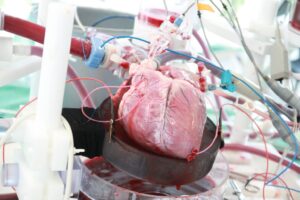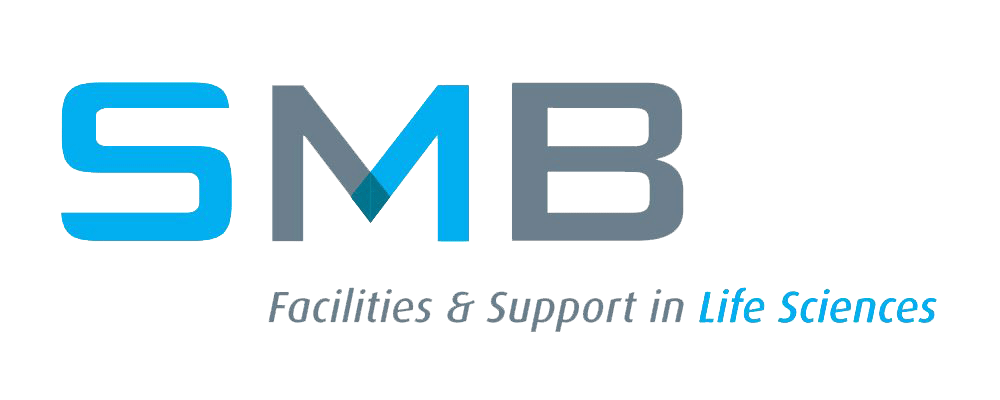Start-up CardiacBooster is developing a small but powerful pump that can pump blood through the groin of a patient’s heart. The device helps cardiologists in the critical phase shortly after a heart attack. A heart attack damages the heart muscle. In some patients (about 5 percent) this results in less blood being pumped around the body. The result is that organs receive too little blood. This can cause them to function less well. Sometimes, this can even be so bad the patient dies as a result.
Kind of balloon
“Our device works like a balloon that can suck in and push out blood,” says Daniël van Dort, inventor of the technology and Chief Science Officer and co-founder of CardiacBooster, a spin-off of the Radboudumc in Nijmegen. “You improve the strength of the heart with this pump and can pump more blood around.” People with a severe infarction for example, relatively often suffer kidney damage, requiring dialysis. By using the device, this kidney damage can be limited. This significantly improves the quality of life of these patients.
Simple insertion
There are other devices that can pump the patient’s blood. But they are relatively large for the amount of blood they can pump. “Unique to our device is that it is easily inserted into patients’ hearts via the groin,” says Van Dort.
The pump can be used there immediately. It can also be used preventively in patients who have a poor heart function and who have to undergo surgery. Van Dort: “You can prevent someone from going off the deep end and suffering damage to their organs because not enough blood is pumped around during the operation.”
Idea book
As a medical student, Van Dort was already fascinated by the workings of the heart. “In the lecture hall, I kept a notebook of ideas in which I wrote down medical problems that I wanted to solve. For example, during my studies I learned that people with a heart attack are given medication to limit the consequences. I found that fascinating: you are trying to solve a mechanical problem, a heart that is not working properly, with a lubricant. Couldn’t you make the heart work better? After my studies, I started to work on this. It literally happened at the kitchen table. So now, five prototypes later, we have a device that can tackle the mechanical problem much better. In addition to his work for CardiacBooster, Van Dort works as a researcher at the Department of Cardiac Surgery of the Radboudumc.
Best Startup
CardiacBooster was founded in 2018. Florian Ludwig from Thuja Capital hooked up as CEO. To develop the product, CardiacBooster received a financial injection from Thuja, the Radboudumc and the RedMedTech Discovery Fund in recent years. This is a fund for innovative start-ups in Life Sciences & Health in Gelderland. In 2019, CardiacBooster was named one of the ten best scientific start-ups in the Netherlands. The company is based at the Novio Tech Campus in Nijmegen.
First study in humans
At the moment, the pump is still being studied in laboratory animals. If all goes well, the first study in humans will take place next year. There are already ten people working at CardiacBooster and the company is looking for further funding. “I know a lot about how the heart works and how to make the blood pump around better. But if you really want to understand how it works, it takes a lot of time and money to research.” By 2023, CardiacBooster hopes to bring this innovation to the market, once approved.
The copywright of this article lies with Innoavtions Origin.



